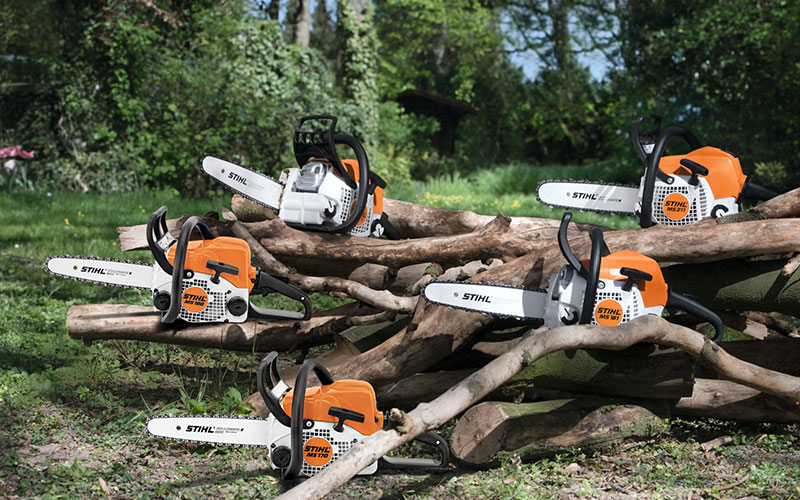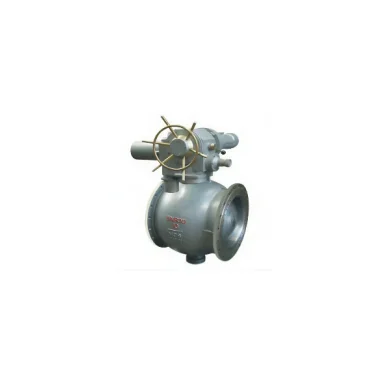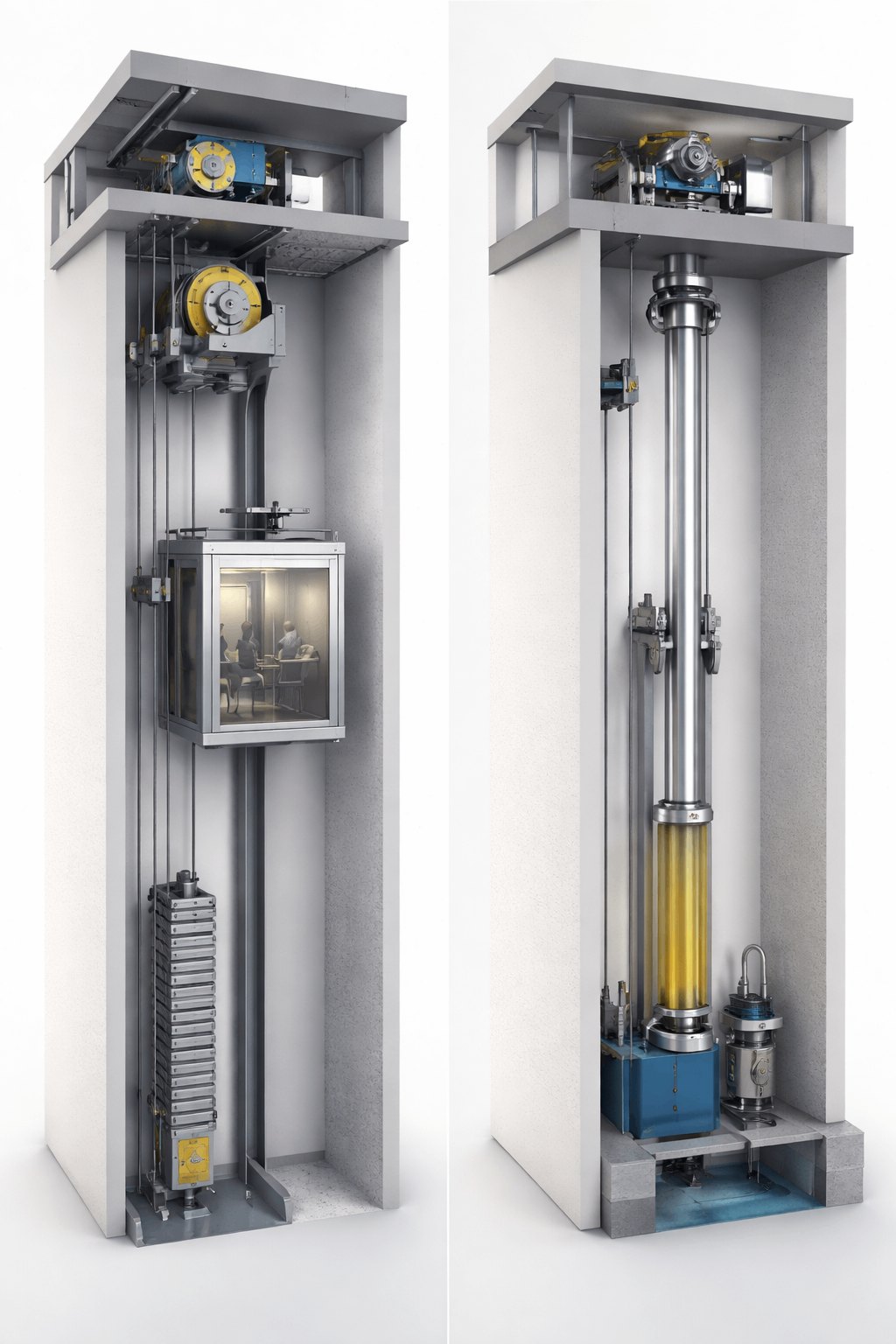Unveiling the Mysteries: Understanding the Causes of Chainsaw Overheating

Chainsaws are powerful tools that play a crucial role in various industries, such as forestry, construction, and landscaping. However, like any mechanical device, they are prone to overheating, which can lead to reduced performance, increased wear and tear, and even potential safety hazards. In this comprehensive blog post, we will delve into the underlying factors that cause chainsaws to overheat, providing valuable insights and practical solutions to keep your chainsaw running smoothly and efficiently.
- Insufficient Lubrication:
One of the primary causes of chainsaw overheating is inadequate lubrication. Chainsaws rely on a well-oiled chain to reduce friction and heat generation. Insufficient lubrication can result from using the wrong type of oil, not applying enough oil, or a malfunctioning oiling system. Regularly inspecting and maintaining the oiling system, using the recommended oil, and ensuring proper oil flow are essential to prevent overheating. - Airflow Blockage:
Proper airflow is crucial for cooling the chainsaw's engine. When the air intake or cooling fins become clogged with debris, dust, or sawdust, the chainsaw's cooling system becomes less effective, leading to overheating. Regularly cleaning the air filter, cooling fins, and ensuring unobstructed airflow around the chainsaw can significantly reduce the risk of overheating. - Fuel Mixture Issues:
An incorrect fuel mixture can also contribute to chainsaw overheating. Using the wrong fuel-to-oil ratio or low-quality fuel can result in incomplete combustion, leading to increased heat production. It is essential to follow the manufacturer's recommendations for fuel mixture and use high-quality fuel to maintain optimal engine temperature. - Improper Carburetor Adjustment:
The carburetor regulates the fuel-air mixture entering the engine. If the carburetor is not properly adjusted, it can cause the engine to run too lean (insufficient fuel) or too rich (excessive fuel), both of which can lead to overheating. Regularly inspecting and adjusting the carburetor according to the manufacturer's specifications is crucial for preventing overheating issues. - Overworking the Chainsaw:
Excessive use or pushing the chainsaw beyond its recommended limits can cause it to overheat. Continuous operation without giving the chainsaw time to cool down can lead to increased friction and heat buildup. Taking regular breaks, allowing the chainsaw to cool down, and avoiding prolonged, intense usage can help prevent overheating.
Conclusion:
Understanding the causes of chainsaw overheating is vital for maintaining its performance, prolonging its lifespan, and ensuring user safety. By addressing issues such as insufficient lubrication, airflow blockage, fuel mixture problems, improper carburetor adjustment, and overworking the chainsaw, you can effectively prevent overheating and optimize the chainsaw's efficiency. Regular maintenance, adherence to manufacturer guidelines, and proper usage practices are key to keeping your chainsaw running smoothly and avoiding costly repairs.


